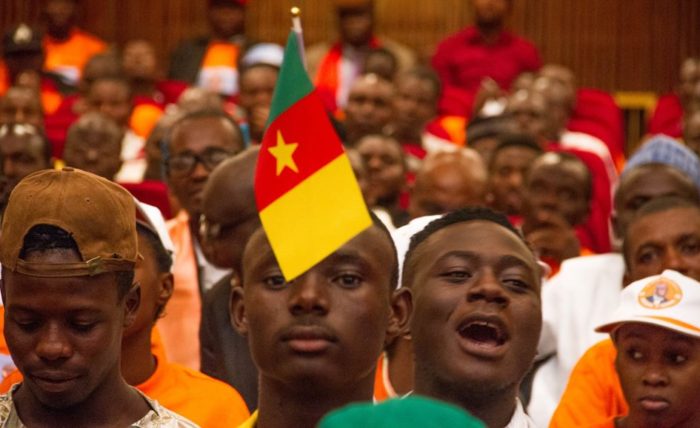Cameroon has witnessed a historic surge in presidential ambition, with a record 81 applications submitted by the midnight deadline on Monday to the country’s electoral commission, ELECAM, ahead of the October 2025 polls.
This unprecedented number of candidates reflects both rising political engagement and deepening fragmentation across Cameroon’s political spectrum. Analysts say the figure may point to growing public appetite for change amid ongoing questions about democratic governance under President Paul Biya’s rule.
Among the hopefuls are prominent figures returning for a second attempt. Bello Bouba Maïgari, who recently distanced himself from Biya’s long-standing regime, is re-entering the race after years in the political shadows. Maurice Kamto and Cabral Libii, both familiar names from the 2018 elections, are also back in the running, now under new political banners.
While the candidate field is diverse in ideology and background, it remains overwhelmingly male. Only seven women are among the 81 applicants. Notable female contenders include Eliane Véronique Eboutou and independents Mbengono Zouame Epse Ndzie Ngono Guyleine and Géneviève Zeh Amvene.
Biya’s Unyielding Hold
Topping the list of male contenders is the 92-year-old incumbent, President Paul Biya. The continent’s oldest serving leader, Biya has ruled Cameroon since 1982 and recently announced his intention to seek another term, despite mounting concerns about his health and long-standing authoritarian grip.
Last week, Biya carried out a strategic reshuffle of top military positions a move widely interpreted as consolidating the armed forces’ loyalty ahead of the elections.
Despite the flurry of applications, political observers remain skeptical of any meaningful shift in power. “Cameroon’s elections continue to be shadowed by irregularities and doubts over transparency,” said one analyst. “This mass of candidates may split the opposition further, inadvertently reinforcing Biya’s hold.”
Awaiting Electoral Clearance
The final hurdle lies with ELECAM, which is now tasked with vetting all 81 applications. The approved list of candidates must be made public no later than 60 days before the scheduled vote.
As Cameroonians look ahead to October, the question remains whether this crowded field can truly disrupt four decades of dominance or whether it will only serve to underline Biya’s unshakeable control of the central African nation.


